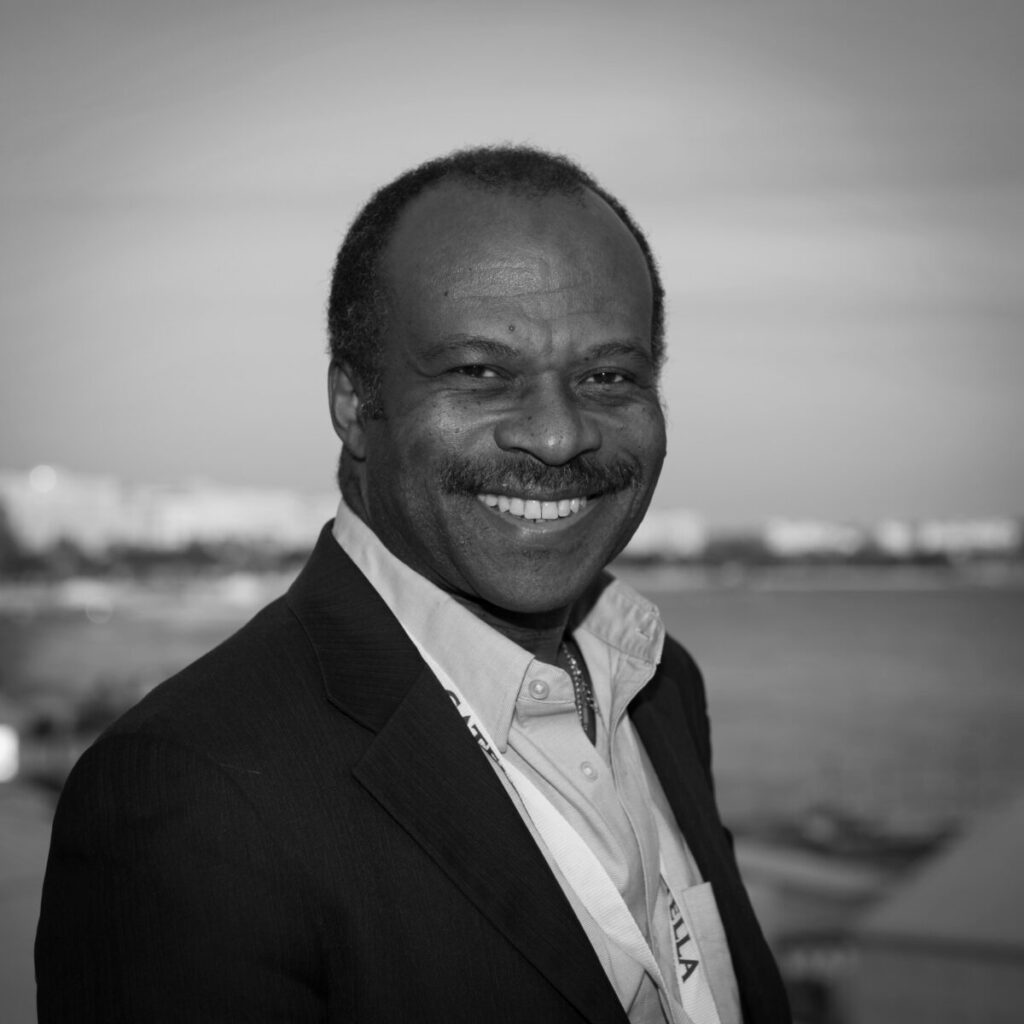Placemaking is considered an important and integral aspect of retail today. The main objective must be to create spaces and places that improve the health and wellbeing of those who live and work there. However, it can no longer simply be about those who live and work there. It is also about the tenants, the staff (in all companies), the suppliers, subcontractors and so on. It is the whole ecosystem that creates the vibrancy of the place and gives people a sense of belonging.
The good news is that more and more projects are integrating placemaking or rethinking how they can address this in planned renovations and redevelopments, starting from assessing how the retail mix or the urban and design elements can be more attractive.
The real growth will occur when more owners, investors and managers include placemaking as a core strategy where the opportunity presents itself. Clearly not all projects future or existing lend themselves to a concept built around placemaking, but small steps can be made. Public spaces need to be included in the design solutions, meaning that municipalities and local authorities have a key role to play.
One fundamental change the industry needs to embrace is that placemaking does not have to be a complex configuration of multiple uses, but one that is seen as being in harmony with the people it wants to serve. It starts with providing people with places that are safe, well configured and well designed with suitable amenities. These become places with which people can identify themselves; places where they can engage in activities that offer a real opportunity to claim this as their own. A place where they feel they belong, and might even call, home.
A key element of placemaking is to serve the local community. It is important to understand what the expectations and needs of that local community are before designing or planning what those spaces should be. The successful examples of placemaking are where those who expect to benefit from it have been involved in the process, every step of the way, rather like stakeholders, which they are.

Chris Igwe
Chris Igwe is a Global Retail Expert, and Member of the ACROSS Advisory Board.






